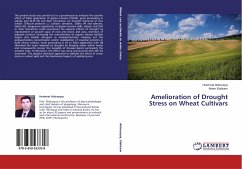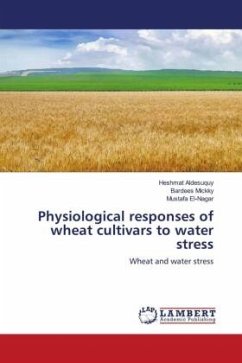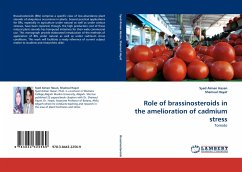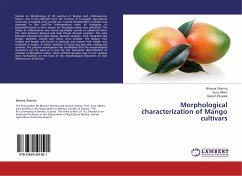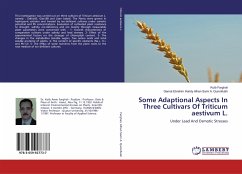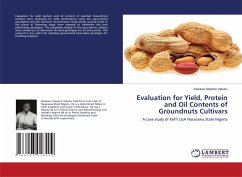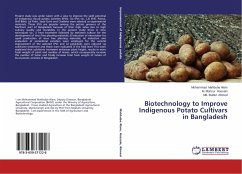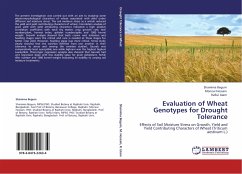The present study was carried out in a greenhouse to evaluate the positive effect of foliar application of glycine betaine (10mM), grain presoaking in salicylic acid (0.05 M) and their interaction on drought tolerance of two wheat (Triticum aestivum L.) cultivars (sensitive, Sakha 94 and tolerant, Sakha 93). Exogenous application of glycine betaine (GB), salicylic acid (SA) or their interaction could counteract the adverse effects of drought by improvement of growth vigor of root and shoot, leaf area, retention of pigment content, increasing the concentration of organic solutes (soluble sugars and soluble nitrogen) as osmoprotectants, keeping out the polysaccharides concentration and/or stabilization of essential proteins in both wheat cultivars. Grain presoaking in SA or foliar application with GB alleviated the stress imposed by drought by keeping water within leaves and consequently recover the turgidity of stressed plants particularly the sensitive ones. Furthermore, the effect was more pronounced with GB+SA treatment. The applied chemicals appeared to alleviate the effect of water stress on wheat yield and the biochemical aspects of yielded grains.
Bitte wählen Sie Ihr Anliegen aus.
Rechnungen
Retourenschein anfordern
Bestellstatus
Storno

